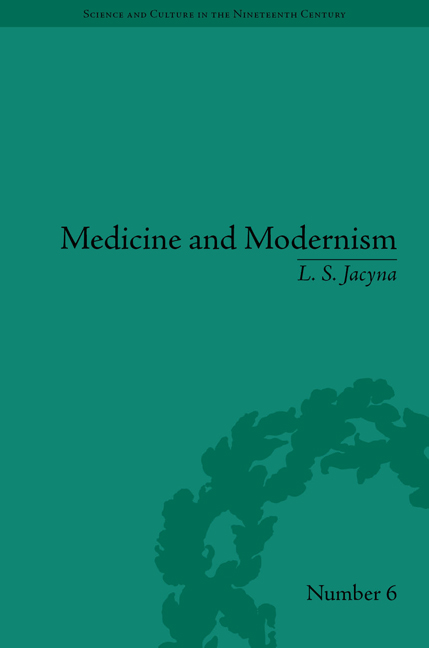6 - The Two Solitaries
from Part 2
Summary
A Life of High Passion
During the first two decades of the twentieth century Head approached the pinnacle of his career. His private practice flourished. His efforts to establish a Pathological Institute at the London Hospital, despite local opposition, came to fruition. Most importantly, the research programme he had cultivated with the help of various collaborators since the early 1890s advanced inexorably. These activities made heavy demands upon Head's energy. But he showed that he had the inner resources to meet these challenges while still retaining the capacity to cultivate the vast range of his other interests.
Gordon Holmes detailed Head's hectic yet orderly routine. In these years, Holmes recalled:
his private practice reached its peak and teaching and hospital work made large demands on his time, at least two mornings, or even whole days, every week were reserved for examining suitable patients and recording the observations we had made, while on one evening each week we met to discuss our recent work and plan investigations into points which required further elucidation. The most lasting impression of these years of active association is of his enthusiasm and energy, and of his vivid imagination which constantly suggested new lines of approach to every problem which arose.
In addition to these activities, between 1910 and 1925 Head assumed the editorship of the neurological journal Brain. Holmes was of the view that: ‘the high reputation it has attained in medical and scientific literature is largely due to his work’. Head undertook the tedious and often thankless duties of editing a journal with his customary verve. No detail of the management of Brain was too small to escape his notice. One of his earliest acts was to review the exchange list that Brain maintained with other periodicals, sending a curt note to the publisher to point out: ‘I see you have still continued to send “Brain” to Prof.’
- Type
- Chapter
- Information
- Medicine and ModernismA Biography of Henry Head, pp. 243 - 292Publisher: Pickering & ChattoFirst published in: 2014



